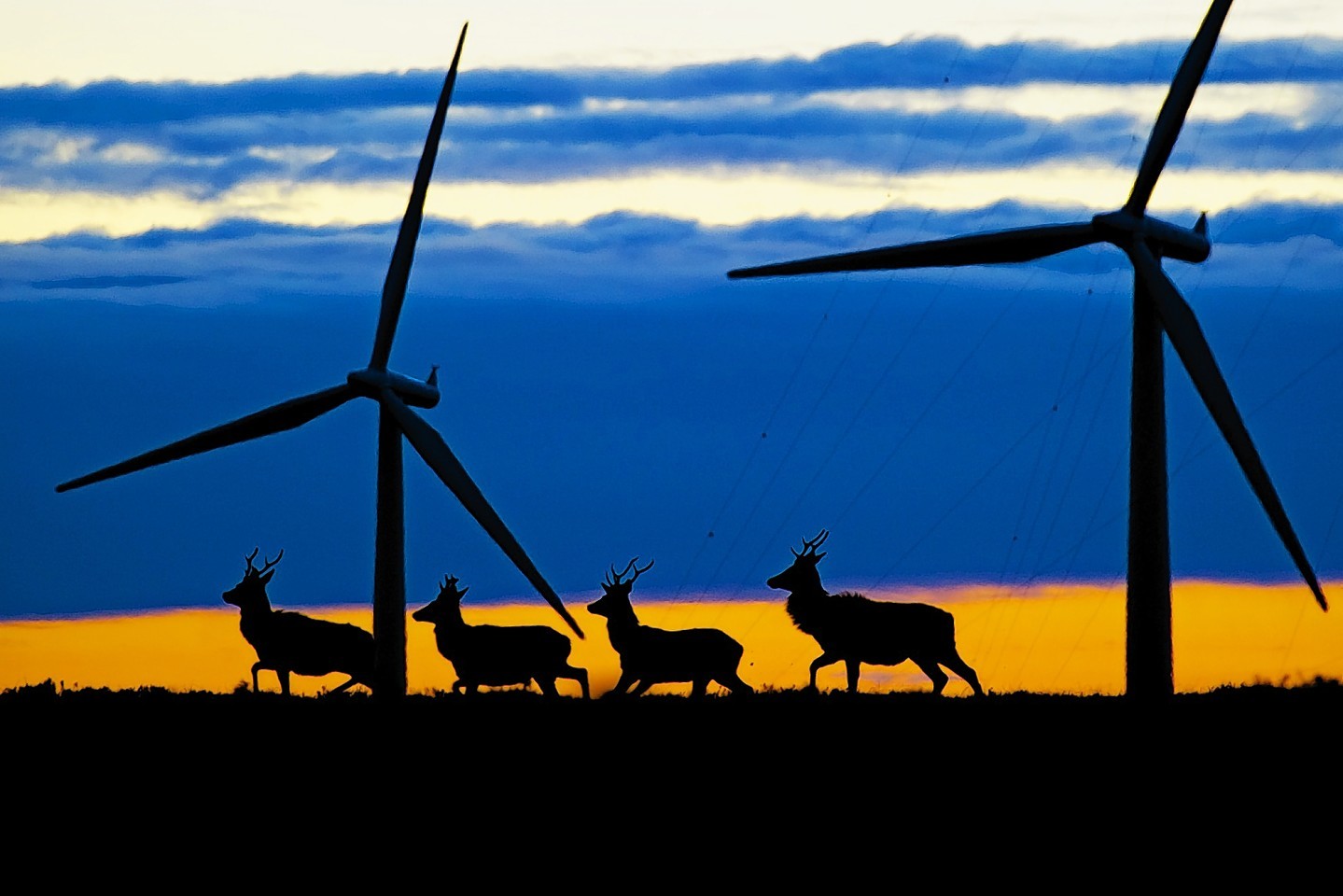Failure to upgrade subsea power lines linking the Scottish islands to the mainland could hamper investment in the renewable-energy industry, it is claimed.
Insurance broker Bruce Stevenson said windfarm development on the islands had slowed dramatically over the past three years, partly due to a lack of available cable capacity for new generation and concerns over the impact on generators should a cable suffer damage.
Uncertainty over power lines may hamper Orkney’s “pre-eminence” in the development of technology, it warned.
The firm, which is involved in numerous green-energy projects, said the knock-on effect was higher insurance premiums for windfarm and wave/tidal scheme operators.
Derek Skinner, renewable-energy director for the company, said: “The insurance market is getting cautious, which could lead to restrictions on insurance cover – even if you have the perfect land, with the perfect amount of wind.
“We’re not quite at the place where development has stopped but it’s time to deal with the cable issue.”
According to Bruce Stevenson, which has offices in Edinburgh, Glasgow and London, uncertainty about upgrades to subsea interconnectors – mainly overseen by power firm SSE – is “bedevilling” people looking to invest in the sector.
The firm has a £45million exposure to windfarms on Orkney and in the Western Isles and it said it had handled insurance claims totalling more than £650,000 during the past three years related to difficulties in exporting electricity from the islands.
It added: “If an undersea cable fails, then a wind turbine will at best be operated at a restricted output or switched off completely.”
A community turbine on Tiree had to be turned off after a connector cable failed and it took three months to rectify the fault, Mr Skinner said, adding: “Insurance companies have had to react to the increased risk of lost income.
“Premiums have gone up about 25% in the past three years, whereas those for mainland windfarms have remained flat.
“The economic aspect has to be considered for an industry that employs about 12,000 people in Scotland and which attracted investment of £1.2billion in 2013.
“It’s affecting Scotland’s current pre-eminence, which should be ensured given the highly suitable climactic conditions, and could affect the development of further renewable industries.
“The European Marine Energy Centre in Orkney may find projects going elsewhere if it is unable to find a reliable electricity connection to the mainland power grid.
“Scotland has some of the best renewable-energy real estate in the world but if we don’t get the issue of the cables fixed, that could all go to waste.”
A spokesman for Scottish Hydro Electric Transmission, part of SSE, said: “It is clear that the Scottish islands have great potential for the development of renewable-energy, but there is widespread recognition that there are challenges to be overcome.
“It is widely recognised that no single party can resolve the outstanding issues and that is why the Scottish Islands Renewables Delivery Forum, co-chaired by the UK and Scottish governments, is actively working with all parties, including ourselves, to resolve the issues.”
